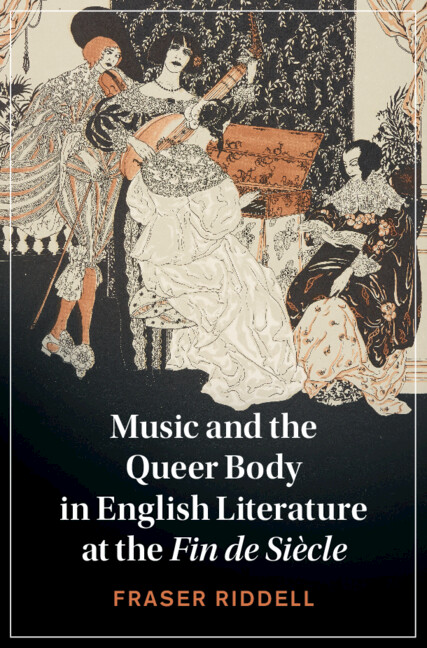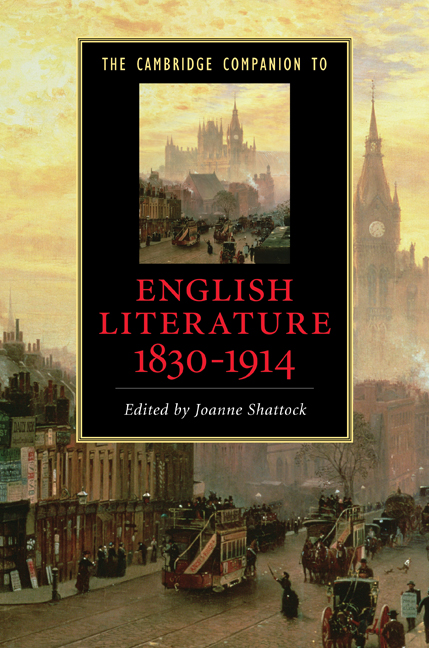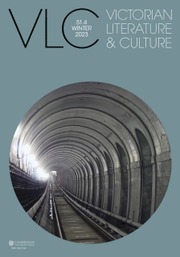Music and the Queer Body in English Literature at the Fin de Siècle
Drawing on an ambitious range of interdisciplinary material, including literature, musical treatises and theoretical texts, Music and the Queer Body explores the central place music held for emergent queer identities in the late-nineteenth and early-twentieth centuries. Canonical writers such as Walter Pater, E. M. Forster and Virginia Woolf are discussed alongside lesser-known figures such as John Addington Symonds, Vernon Lee and Arthur Symons. Engaging with a number of historical case studies, Fraser Riddell pays particular attention to the significance of embodiment in queer musical subcultures and draws on contemporary queer theory and phenomenology to show how writers associate music with shameful, masochistic and anti-humanist subject positions. Ultimately, this study reveals how literary texts at the fin de siècle invest music with queer agency: to challenge or refuse essentialist identities, to facilitate re-conceptions of embodied subjectivity, and to present alternative sensory experiences of space and time. This title is also available as Open Access on Cambridge Core.
- Encourages us to think about how music is represented in a broad range of literary genres extending well beyond novelistic realism, exploring the relationship between music and queer identities in literary genres ranging from Victorian literature to Modernism
- Examines work by canonical writers such as Walter Pater and E. M. Forster alongside texts by less familiar figures such as Vernon Lee and John Addington Symonds, introducing students and researchers of literature and music to important and overlooked figures in the history of sexuality
- Breaks new ground in bringing together interdisciplinary insights from English literature, music, queer studies, the history of sexuality and queer musicology, enabling readers to think in new ways about music, the body and sexual desire
- This title is also available as Open Access on Cambridge Core
Reviews & endorsements
‘… offers a crucial contribution to conversations in both Victorian studies and queer musicology about the relationships among aesthetics, erotics, embodiment, and subjectivity. Riddell invites readers in both fields to reimagine music not as a utopian source of identity affirmation, but rather as a “startlingly antihumanist” force that fosters a range of complex, difficult, and often disturbing affects and experiences (51).’ Shannon Draucker, Nineteenth-Century Gender Studies
Product details
April 2022Hardback
9781108839204
250 pages
235 × 159 × 21 mm
0.57kg
Available
Table of Contents
- Introduction
- 1. Music, emotion and the homosexual subject
- 2. Flesh: Music, masochism, queerness
- 3. Voice: Disembodiment and desire
- 4. Touch: Transmission, contact, connection
- 5. Time: Backwards listening
- Coda.





